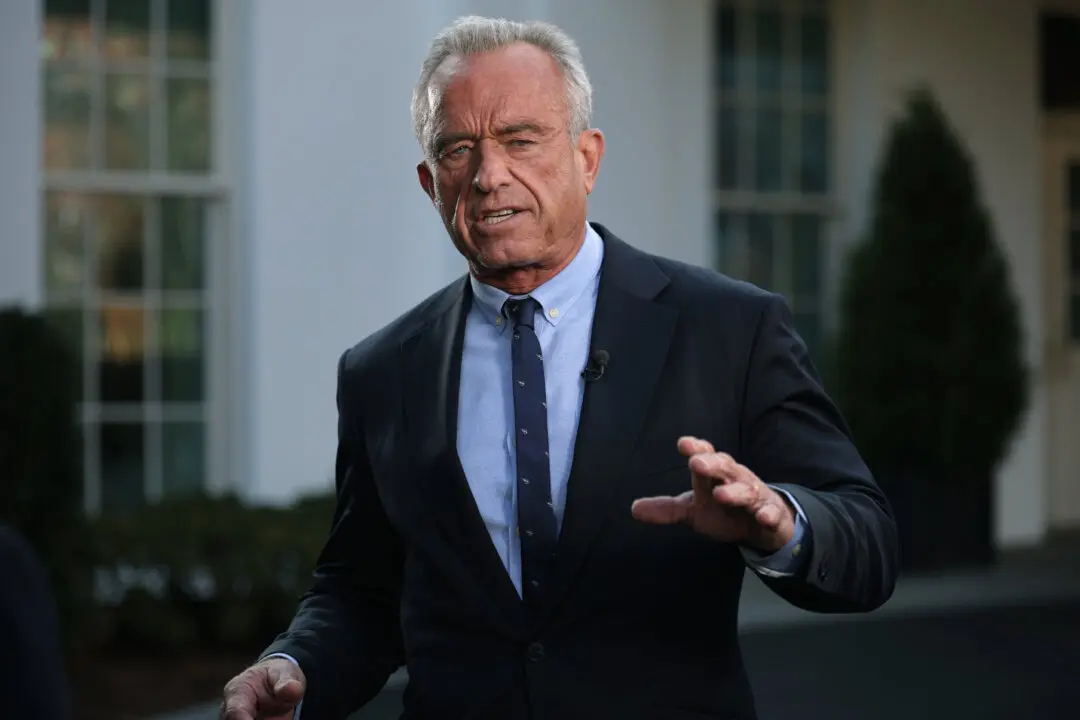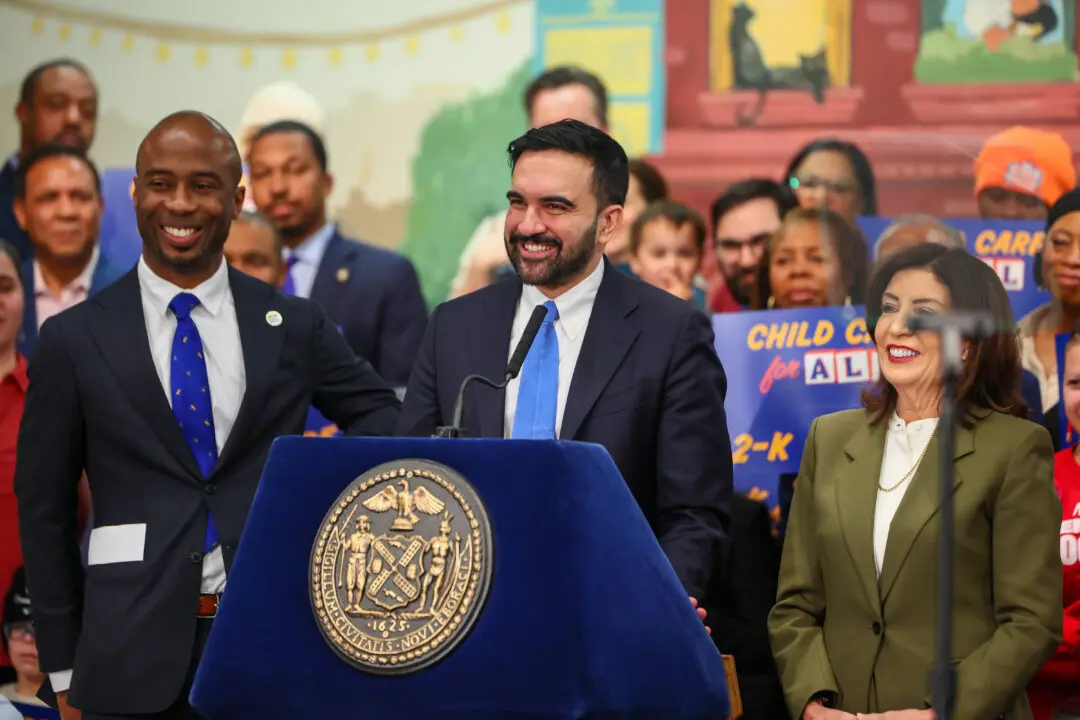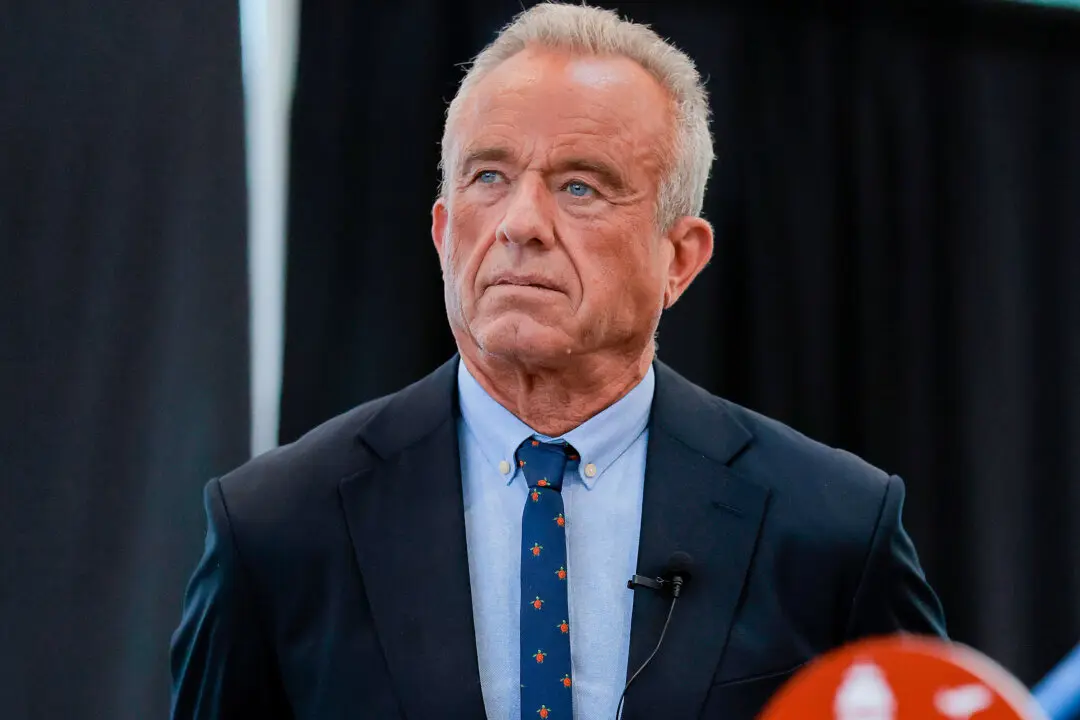New York City’s move to exempt athletes and performers from the city’s COVID-19 vaccine mandate “might be unfair,” Dr. Anthony Fauci said on March 25.
“That’s obviously a delicate situation in New York. I really don’t want to be out there outguessing the mayor, who I’m sure is trying to do what’s best for the city,” Fauci, the chief medical adviser to President Joe Biden, said on Fox News.





